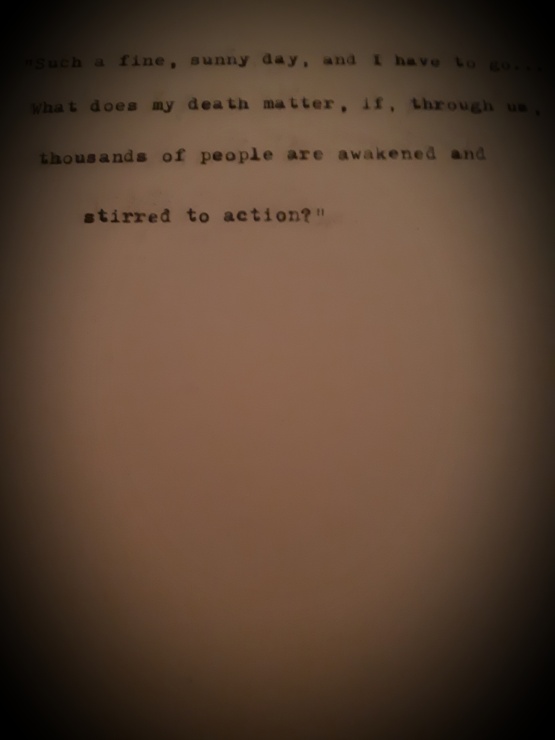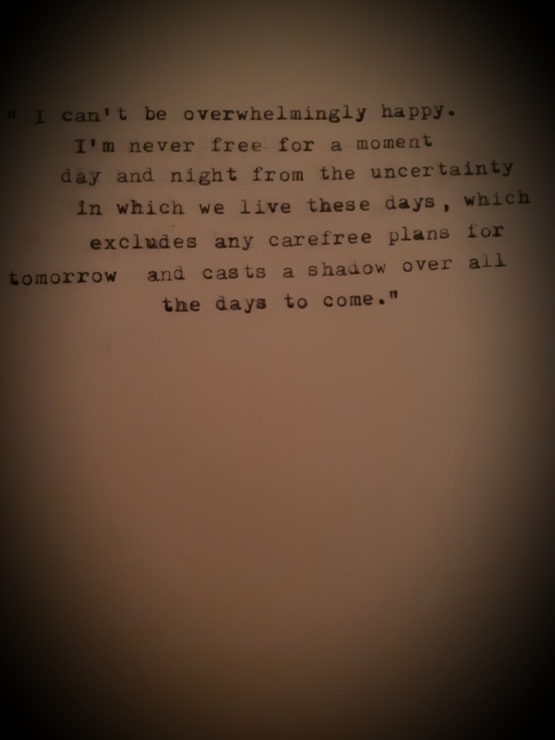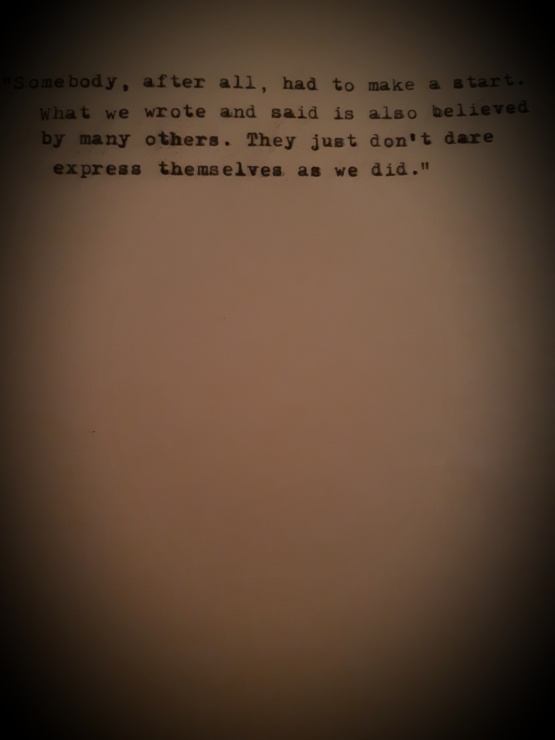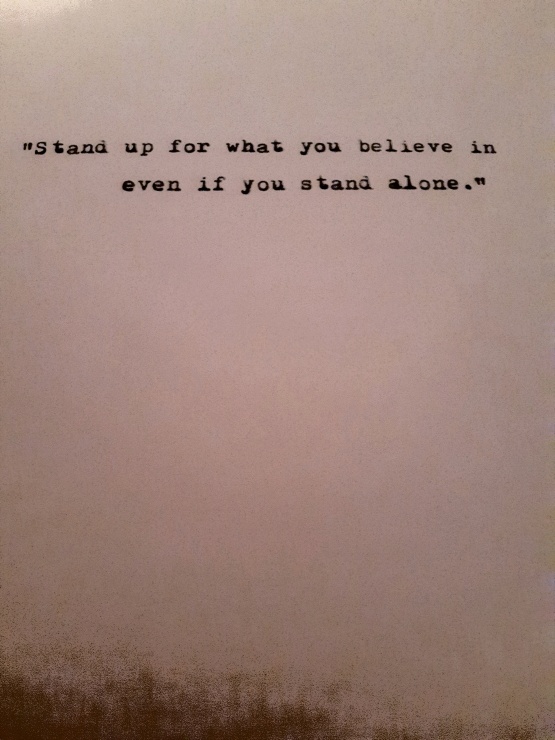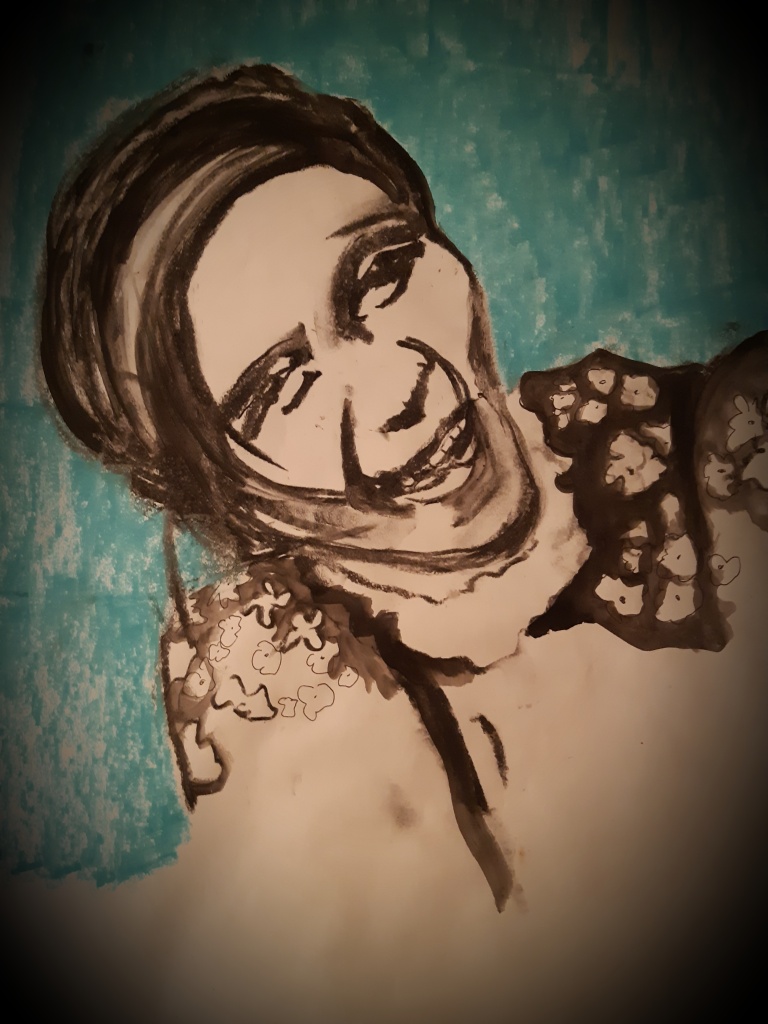Sophie Scholl was a key member of the Weiße Rose (White Rose)—a resistance group run by students at the University of Munich who distributed leaflets and used graffiti to decry Nazi crimes and the political system, while calling for resistance to the Nazi state and the war. On February 22, 1943, she was beheaded for treason at just 21 years old.
When Sophie moved to Munich to study biology and philosophy in May 1942, her brother Hans, a medical student at the same university, and some of his friends had already begun to actively question the system. Serving on the Eastern Front, they learned about the crimes committed in Poland and Russia first hand and saw the misery with their own eyes. They knew they couldn’t remain quiet. Starting in June 1942, they began printing and distributing leaflets in and around Munich, calling their fellow students and the German public to action. When she found out about her brother’s involvement, she demanded to join the group. She did not want to stay passive anymore.
Sophie personifies the importance of acting according to one’s beliefs and of following your conscience, even in the face of great sacrifice. In our collective memory, her story reminds us to not be silent, and fight for what Sophie wrote on the back of her indictment a day before she was killed: Freiheit—Freedom.
In memory of Sophie Scholl (1921-1943)
